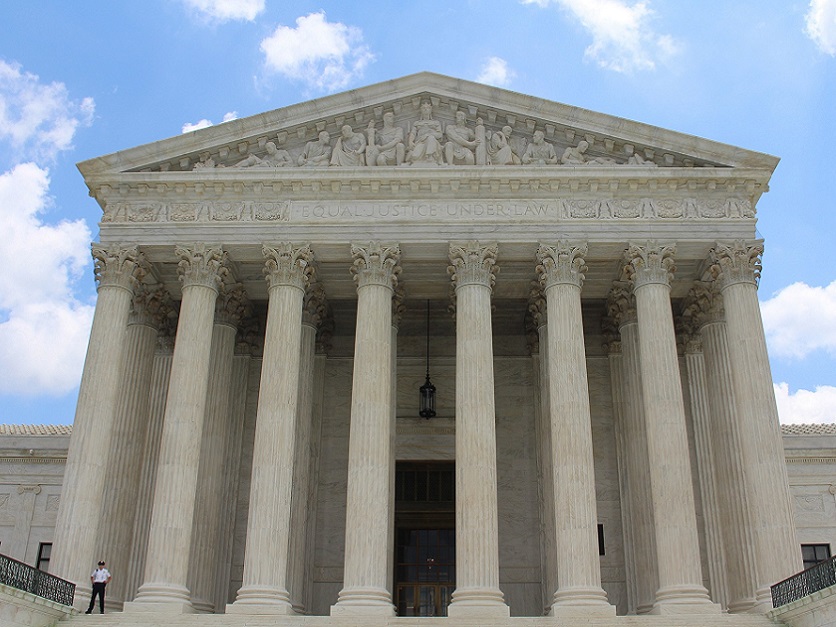Renewable fuel policy will be front and center in the highest court in the land.
The Supreme Court will hear arguments on a case central to the Renewable Fuel Standard, the nation’s biofuel mandate, and efforts on the part of refiners to be exempted from federal blending requirements through the use of small refinery exemptions. The case is an appeal of a ruling issued nearly a year ago by the 10th U.S. Circuit Court of Appeals, which struck down three SREs and also created a new rationale for the Environmental Protection Agency to follow in considering future waivers.
“We strongly believe the 10th Circuit Court’s ruling is consistent with the Clean Air Act and Congressional intent, and we are confident that the Supreme Court will ultimately affirm the Tenth Circuit’s decision,” said Renewable Fuels Association President and CEO Geoff Cooper.
The 10th Circuit case — decided in January 2020 — stemmed from a May 2018 challenge brought by RFA, the National Corn Growers Association, the American Coalition for Ethanol and National Farmers Union. In its decision, the 10th Circuit ruled SREs needed to be continuous and could not be issued again once the waivers first lapsed.
“The statute limits exemptions to situations involving ‘extensions,’ with the goal of forcing the market to accept escalating amounts of renewable fuels over time. None of the three small refineries here consistently received an exemption in the years preceding its petition,” the court’s opinion stated.
Interested in more news on farm programs, trade and rural issues? Sign up for a four-week free trial to Agri-Pulse. You’ll receive our content - absolutely free - during the trial period.
Oil industry groups responded by seeking so-called “gap year” SREs to keep their waiver applications uninterrupted, but EPA Administrator Andrew Wheeler ultimately did not approve those SREs, which dated as far back as 2011.
In a statement, the Fueling American Jobs Coalition, which describes itself as “a coalition of union workers, mom & pop gas station owners, small retailers, and independent American oil refiners,” welcomed the Supreme Court decision to hear the case.
“The decision to take the case comes at an urgent time for independent refiners and blue collar jobs all over the country,” the group said. “Prompted by the Court’s focus on the program, we hope the incoming Administration will understand that any economic recovery depends on affordable and reliable fuel.”
The court did not set a date for the oral arguments, which could happen as soon as April.
For more news, go to www.Agri-Pulse.com.


